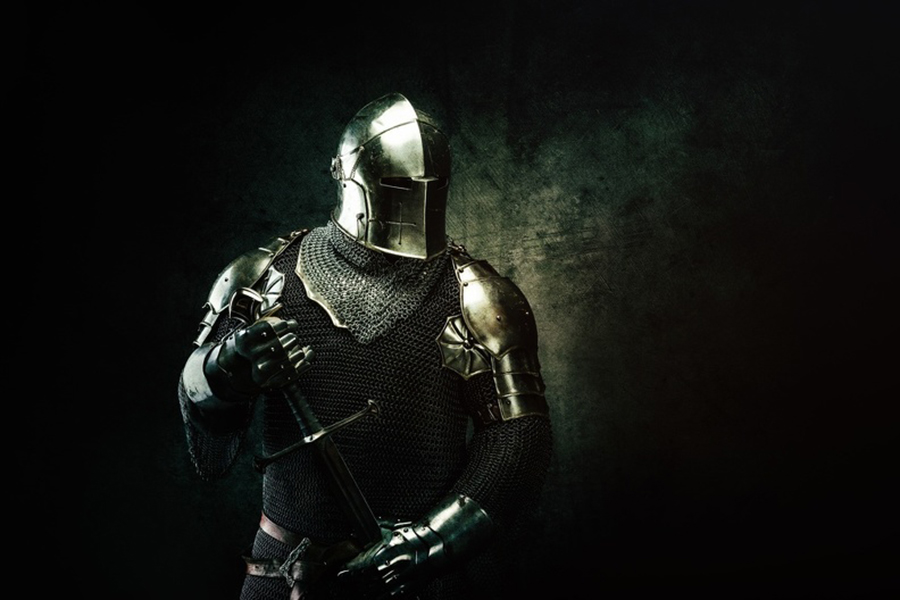
Four Myths about the Crusades (Continued)
09-24-2023Weekly ReflectionPaul F. Crawford (from Intercollegiate Review 46:1) - 04/21/11 (Edited)Myth #2: Western Christians went on crusade because their greed led them to plunder Muslims in order to get rich.
Again, not true. One version of Pope Urban II’s speech at Clermont in 1095 urging French warriors to embark on what would become known as the First Crusade does note that they might “make spoil of [the enemy’s] treasures,” but this was no more than an observation on the usual way of financing war in ancient and medieval society. And Fulcher of Chartres did write in the early twelfth century that those who had been poor in the West had become rich in the East as a result of their efforts on the First Crusade, obviously suggesting that others might do likewise.
READ MORE
Four Myths about the Crusades
09-17-2023Weekly ReflectionPaul F. Crawford (from Intercollegiate Review 46:1) - 04/21/11 (Edited)....Myth #1: The crusades represented an unprovoked attack by Western Christians on the Muslim world.
Nothing could be further from the truth, and even a cursory chronological review makes that clear. In A.D. 632, Egypt, Palestine, Syria, Asia Minor, North Africa, Spain, France, Italy, and the islands of Sicily, Sardinia, and Corsica were all Christian territories. Inside the boundaries of the Roman Empire, which was still fully functional in the eastern Mediterranean, orthodox Christianity was the official, and overwhelmingly majority, religion.
READ MORE
Words Every Catholic Should Know and Meditate on About the Eucharist
09-10-2023Weekly ReflectionTransubstantiation: The Church makes use of this word in the Catechism to help us understand the meaning of the Holy Eucharist. A substance is what something is. Material substances have an outward appearance: color, weight, size, etc. In the Holy Eucharist bread stops being bread and wine stops being wine. At the Consecration bread becomes Jesus Christ: Body, Blood, Soul, Divinity; wine becomes Jesus Christ, Body, Blood, Soul, and Divinity. The appearances (species) of bread and wine remain. Only God can do this. The changing of water into wine by the Lord at the wedding in Cana was a manifestation that Jesus is God Who brings things into being through His Word but also it was preparing the disciples for the power of Christ’s word at the Last Supper changing bread and wine into Himself.
READ MORE
Shepherds Become Wolves? The Coming Storm
09-03-2023Weekly ReflectionThe pope is not an absolute monarch whose thoughts and desires are law. On the contrary: The pope’s ministry is a guarantee of obedience to Christ and to his Word. He must not proclaim his own ideas, but rather constantly bind himself and the Church to obedience to God’s Word, in the face of every attempt to adapt it or water it down, and every form of opportunism. Pope Benedict XVI
READ MORE